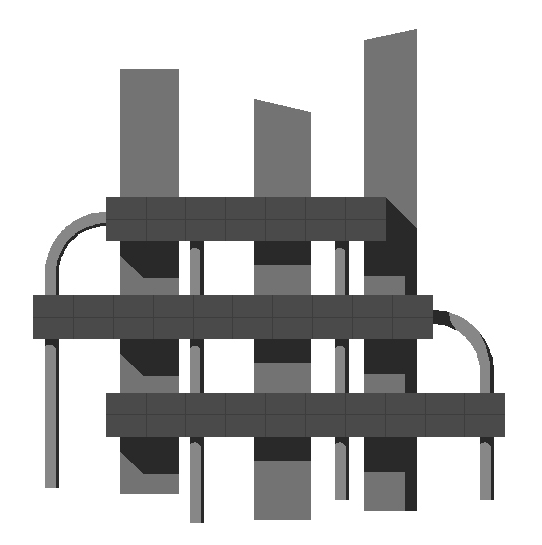|
Docente/i:
Fabio Dell'Acqua
Denominazione del corso: Radar remote sensing
Codice del corso: 505000
Corso di laurea: Electronic Engineering
Sede: Pavia
Settore scientifico disciplinare: ING-INF/02
L'insegnamento è caratterizzante per: Electronic Engineering
Crediti formativi: CFU 6
Sito web del corso: http://tlclab.unipv.it/
Obiettivi formativi specifici
Basic knowledge of data produced by remote sensing and information that can be extracted from them. Capability to evaluate the usefulness of different types of data to solve a given problem of detection, tracking, classification or even more complex ones. Basic skills in processing remotely sensed images through dedicated - and also general - software. Radar remote sensing is emphasized, although not treated exclusively, and industry-related applications are stressed thank to the tight connection with the Lombardy Aerospace Industry Cluster.
Programma del corso
This course is intended to provide a basic grasp on remote sensing to electronics engineering students. Remote Sensing, especially where Earth Observation is concerned, is increasingly used in various application fields and it is a booming employment market hooked to the general space industry growth. The course will set students to a good start in this field by providing both a theoretical background and practical examples including experiments with real-world Earth Observation data, far beyond the sheer Google Earth collage of images. The connection with the Lombardy Aerospace Industry Cluster drives the tuning of the course syllabus towards the hottest topics on the marketplace.
Basic concepts
- what is remote sensing
- physical principles: EM waves interactions with matter
- sensors and platforms, ground-based, air-borne, space-borne
Sensors
What is remote sensing and what comes out of it.
- bands of the electromagnetic spectrum
- different types of sensors, their classification and characteristics
- optical sensors: multi- and hyper-spectral
- (synthetic aperture) radar
- examples of real-world sensors
- the Italian satellite constellation, COSMO/SkyMed
Data processing
How to process remotely sensed data
- remotely sensed data: characteristics and organization
- radiometric correction
- geometric correction
- enhancement techniques
Information extraction
Once the data has been prepared, how to extract the relevant information from them.
- revision on signal theory and stocastic variables
- classification and reference data
- supervised and unsupervised classification
- contextual and object-based classification
- accuracy estimation
Radar detection and surveillance
Theory and practice of radar surveillance.
- decision and detection theory
- error probability
- mono- and multi-pulse detection
- moving object identification
- tracking and classification of backscattering objects
Radar Interferometry
Exploiting phase information.
- synthetic aperture radar
- interferometry and interferometric processing
- disturbance factors
- differential interferometry
- interferometric coherence
- risk-related applications
Hands-on exercises
Exercises in processing real-world data using dedicated and general software.
Prerequisiti
Basic knowledge from undergraduate courses in general information engineering. Having attended the "Introduzione al telerilevamento/Introduction to remote sensing" course is an asset.
Tipologia delle attività formative
Lezioni (ore/anno in aula): 44
Esercitazioni (ore/anno in aula): 4
Attività pratiche (ore/anno in aula): 0
Materiale didattico consigliato
Mark A. Richards (Editor), James A. Scheer (Editor), William A. Holm (Editor) . Principles of Modern Radar: Basic Principles. Scitech Publishing - Raleigh, NC.
Modalità di verifica dell'apprendimento
Oral examination. The students are offered a chance to review and present a scientific paper as a part of the oral examination.
|




![]()




![]()